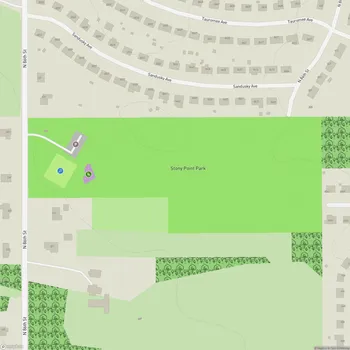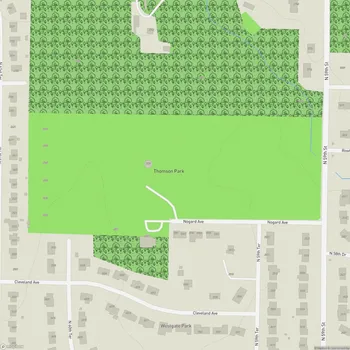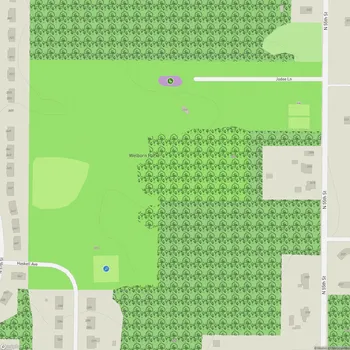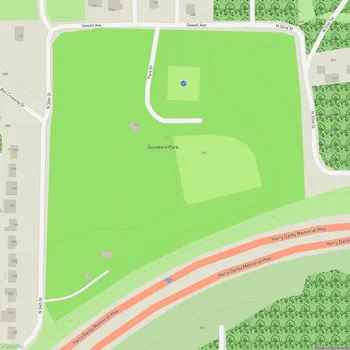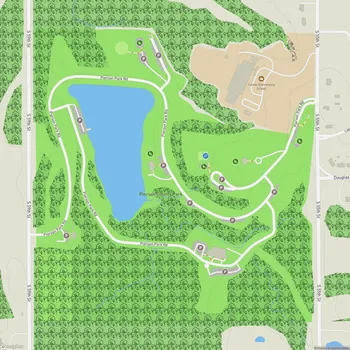Wyandotte County Lake Park
Wyandotte County Lake Park Map
About Wyandotte County Lake Park in Kansas City
Wyandotte County Lake Park is a sprawling 1,500-acre natural oasis located in Kansas City, Kansas. The centerpiece of the park is a 400-acre manmade lake, constructed in the mid-1930s as part of a Works Progress Administration (WPA) project to address drought and provide employment during the Great Depression.
The park offers a diverse landscape of wooded areas and open spaces, providing visitors with a tranquil retreat from the urban environment. The lake itself serves multiple purposes, including recreation and as a water source for the area.
Wyandotte County Lake Park features approximately 19 miles of trails that wind through the wooded hills surrounding the lake. These trails cater to hikers, bikers, and horseback riders, offering varying levels of difficulty and scenic views of the lake and surrounding nature.
The park is a popular destination for fishing and boating enthusiasts. The lake is stocked with various fish species, including rainbow trout, catfish, crappie, bass, walleye, and wiper. A marina with multiple docks facilitates boating activities, while a separate kids' fishing pond provides a safe space for younger anglers.
Wildlife observation is another draw for visitors. The park serves as a habitat for diverse flora and fauna, including various bird species. During winter months, bald eagles can often be spotted around the lake.
For history enthusiasts, the park entrance features the Korean-Vietnam War Memorial, the nation's first dual war memorial. Dedicated in 1988, it includes two life-size bronze statues and plaques honoring those who lost their lives in these conflicts.
The F.L. Schlagle Library and Environmental Center, located within the park, is one of only two environmental public libraries in the nation. It offers nature programming and resources, enhancing the park's educational value.
Throughout its history, Wyandotte County Lake Park has faced challenges, including a catastrophic dam collapse during its construction in 1937. However, the rebuilt dam, completed in 1942, has since stood the test of time, allowing the park to become a cherished recreational area for Kansas City residents and visitors alike.
